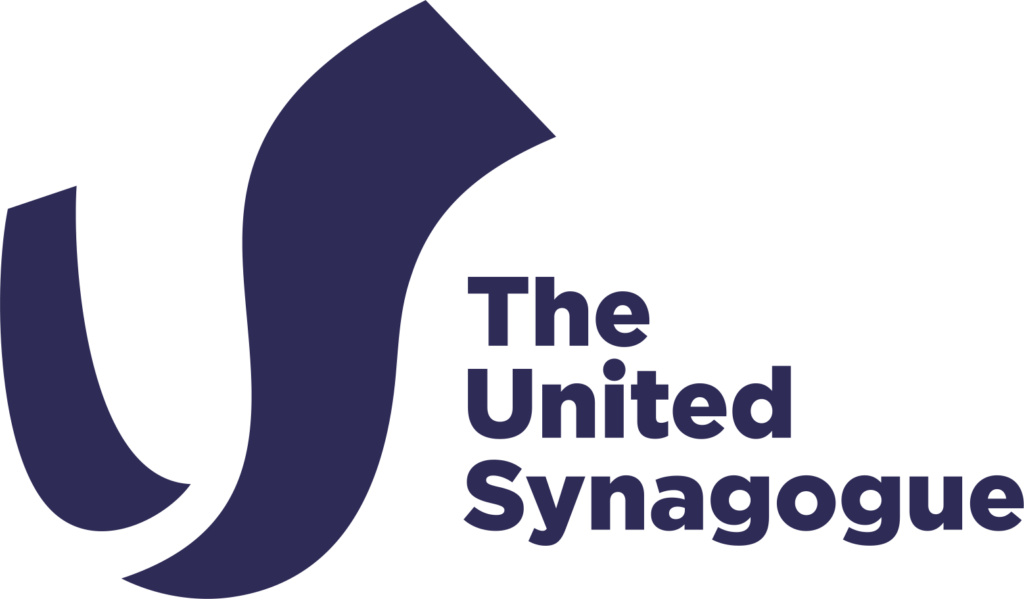By Rabbi Brendan Stern, Hendon United Synagogue
In Jerusalem, a journalist heard about a very old Jewish man who had been going to the Western Wall to pray, three times a day, everyday, for several decades.
She went to the Western Wall and there he was!
She watched him pray and after about 45 minutes, when he turned to leave, she approached him for an interview.
“Sir, how long have you been coming to the Wall and praying?”
“For about 50 years” said the old man.
“50 years! That’s amazing! What do you pray for?”
“Well, I pray for peace. I pray for all the hatred to stop and I pray for all our children to grow up wise, in safety and friendship.”
“How do you feel after doing this for 50 years?”
“Like I’m talking to a wall!
Every Friday evening in Ma’ariv (evening) Shabbat prayers we beseech God to protect and watch over us, and to “spread over us the sukkah of Your peace” – ”ופרוש עלינו סכת שלומך“.
If we are asking God to grant us peace, why do we ask for a “sukkah of peace” – a flimsy and temporary makeshift structure – rather than a “fortress of peace” – a peace that is robust, secure, and enduring?
Rav Avraham Yitzchak HaKohen Kook (1865-1935, first Ashkenazi Chief Rabbi of the Land of Israel) notes that according to Halacha, even an imperfect sukkah is still a bona fide kosher sukkah. A sukkah can have gaping holes, it can be built with little more than two walls instead of the full four, it can have crooked walls and large spaces between the walls and in the roof. Yet, such a fragile and imperfect structure remains a kosher sukkah.
Ordinarily we strive for perfection with mitzvot. A Sefer Torah, for example, that is missing even one letter is invalid. We don’t use a broken loaf of bread at Kiddush. At Etrog that loses its pitom is not kosher. But when it comes to the sukkah, God tolerates the imperfection.
The same is true, says Rav Kook, when it comes to making peace. Peace is so precious and vital to our personal wellbeing and that of the world at large, that even if we are not able to attain complete and perfect peace, we should still pursue any partial measure of peace. Imperfect peace between neighbours, family members, within communities and amongst nations, remains worthwhile, even if only partial and incomplete.
We therefore ask God to provide a “sukkah of peace” because peace can never exist if we insist on perfection! We can only get along if we are willing to sit in the same sukkah, despite its imperfections, and despite our imperfections, because even a piece of peace is valuable!

